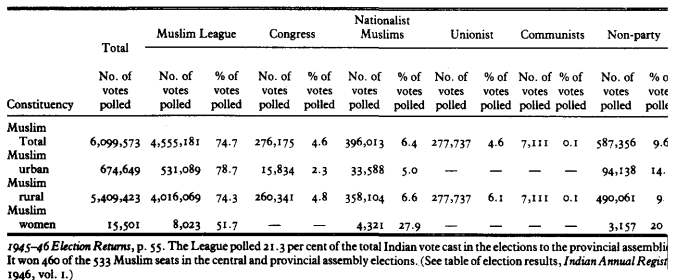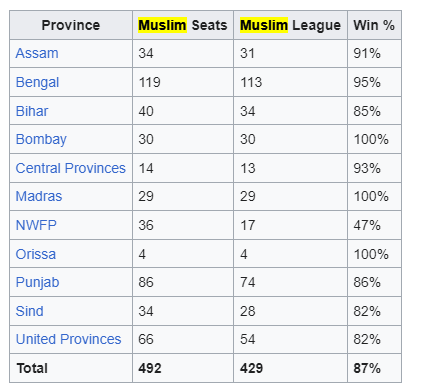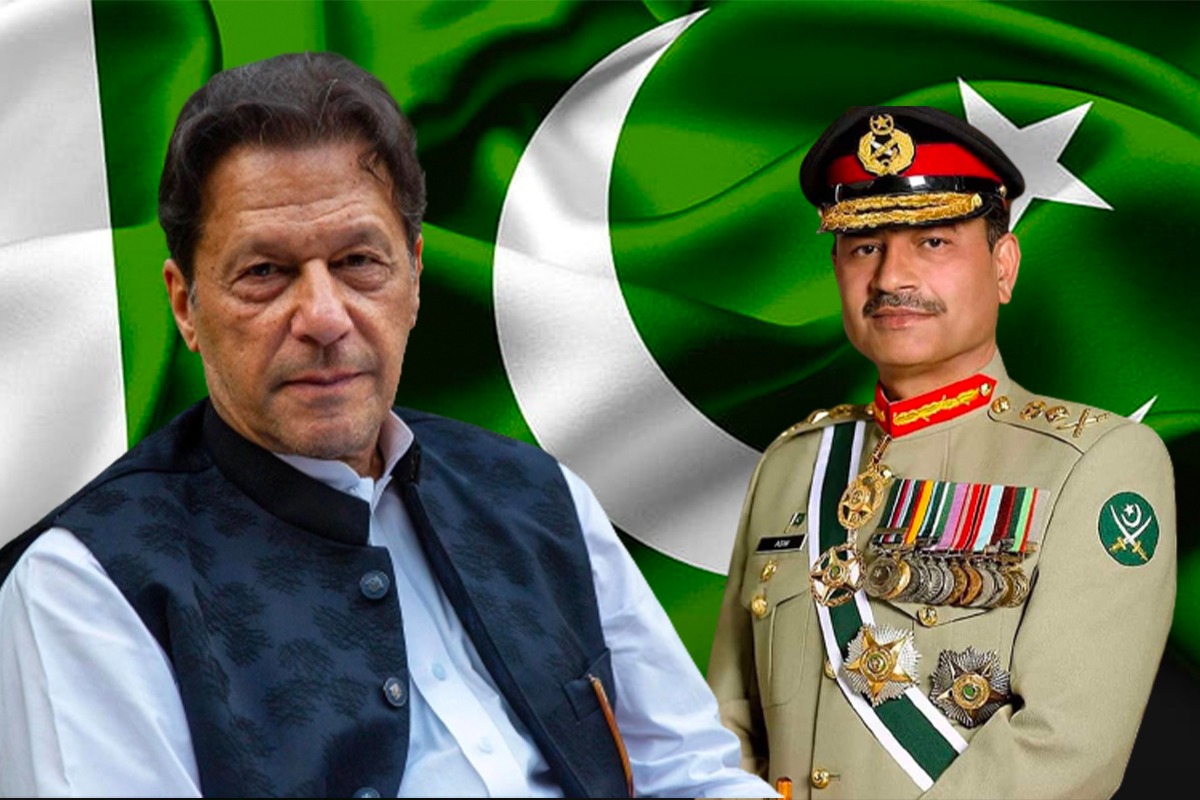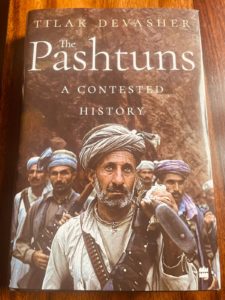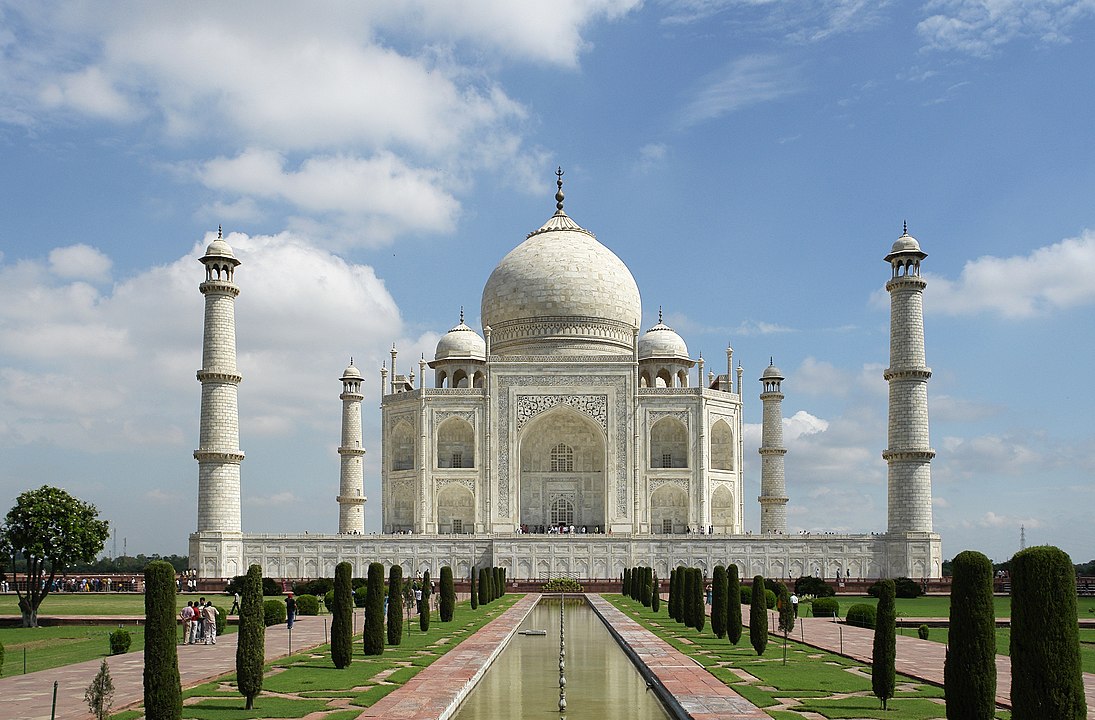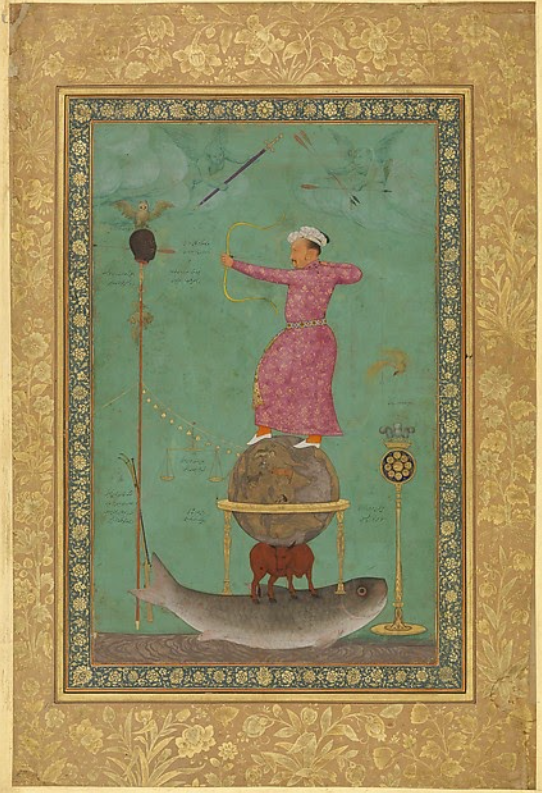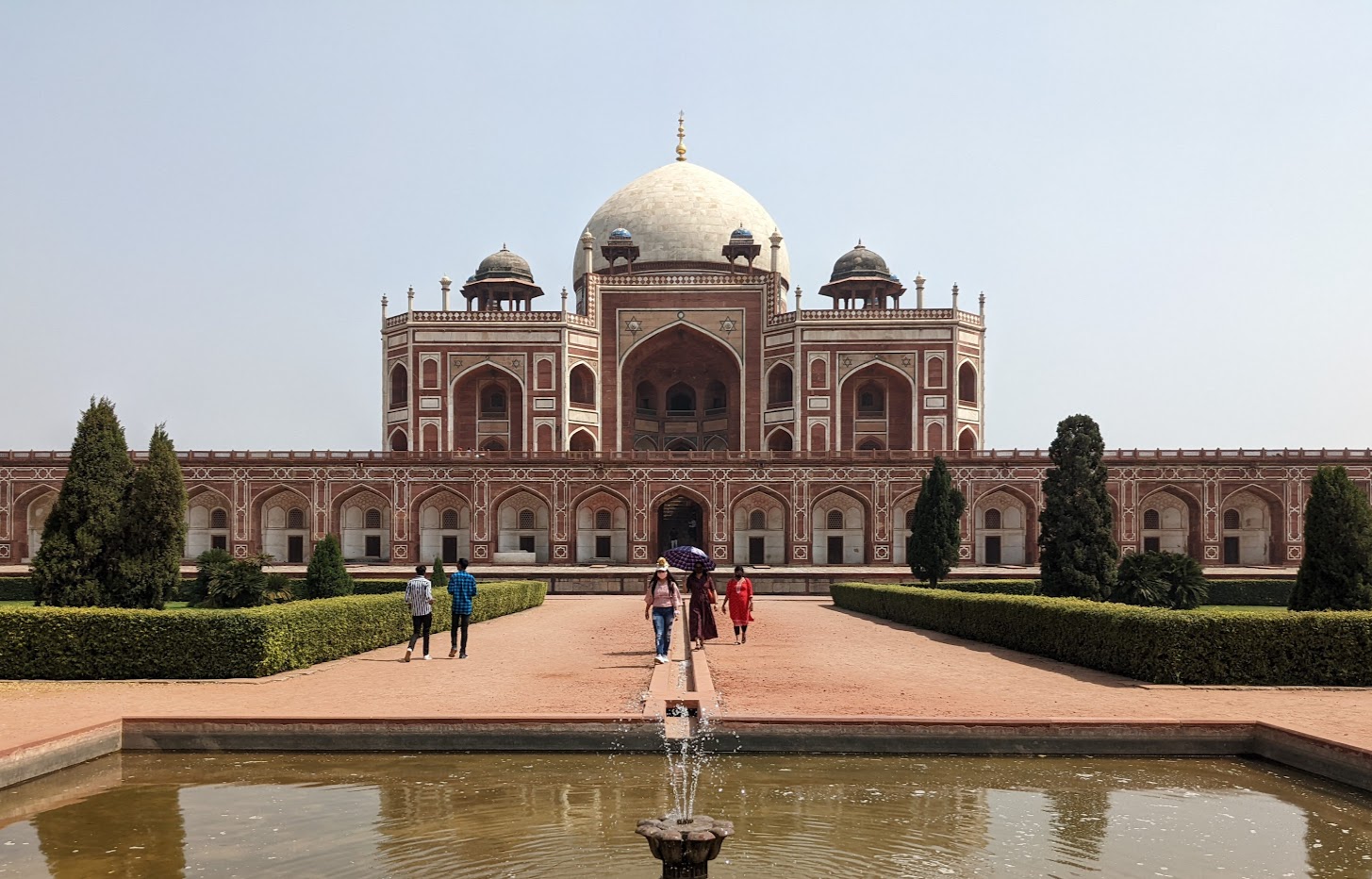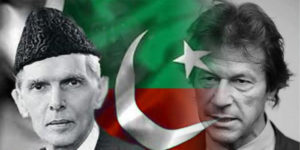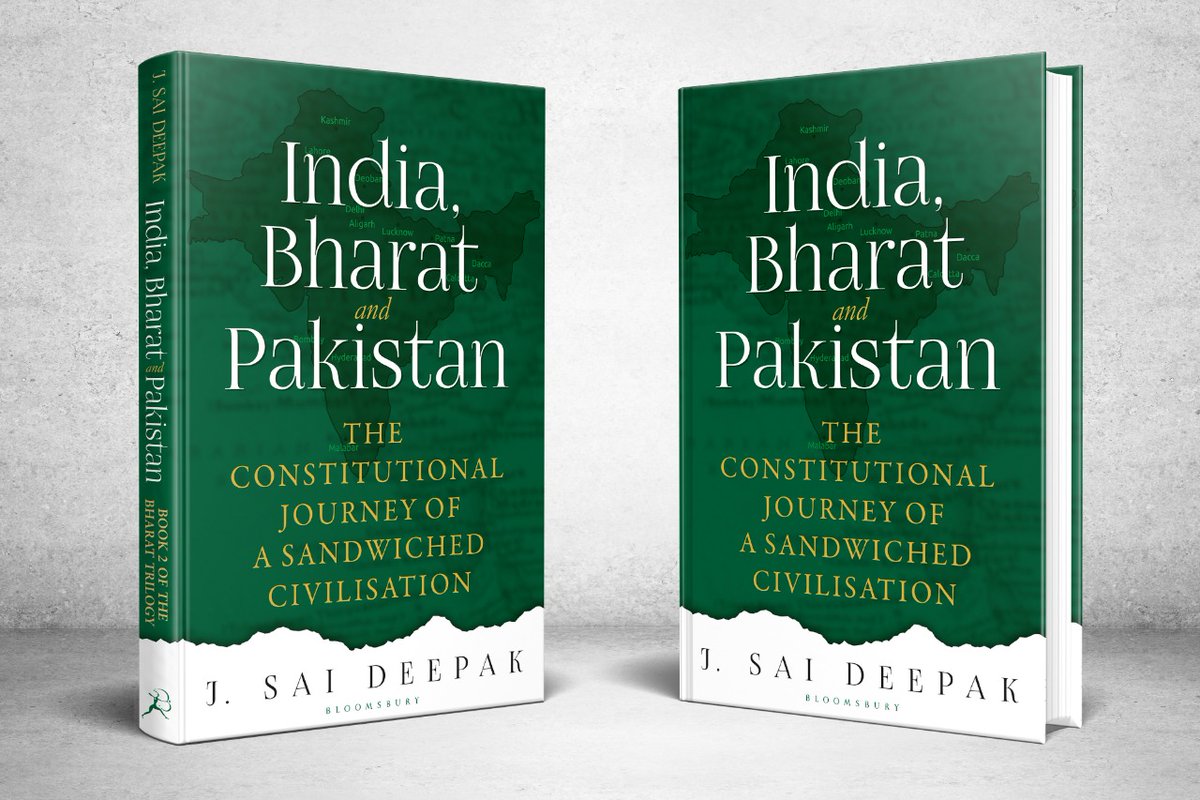This was on old post about blasphemy laws that I wrote in 2015 and revised in 2021. It is on the site, but hard to search for, so i decided to repost it now that blasphemy is again in the news with two recent episodes where the police were able to arrest the accused (ie save him from mob killing) but then the police themselves executed the blasphemer in custody. There has been an episode in the past where a Shia who had blasphemed against the sahaba (the companions of the prophet) was killed (with an axe) by a police officer while in custody and there have been a couple of episodes where blasphemers were killed by other prisoners, but this trend of execution by the police is now at a new level. The police officers who carried out the execution were garlanded and immediately received promises of millions of rupees in rewards (though with Pakistan reaching new levels of conmanship, it is likely that some of these pledges are fake). So now, not only will the mob kill you any time you are accused of blasphemy, if the mob fails, the police will finish the job the same day.
Of course, if it does reach trial, the courts will always sentence to death in any case because judges who let off previous accused have also been killed.
SO it goes.
Meanwhile, as liberal muslims and Liberals and Leftists in the West who want to use orthodox Muslims for their own purposes and want to find ways to oppose blasphemy laws without upsetting Muslims will dig up their usual “colonial era blasphemy laws in Pakistan” story to see if blame can be pinned on some dead entity, such as the British empire. So I wanted to have a post handy where I could direct them; so here it is, a quick overview of the blasphemy issue in Pakistan
A blasphemy law was part of the 19th century Indian Penal code as section 295.. It was not a bad law at all and the lazy habit of blaming it for later blasphemy law crap in the Indian subcontinent is just that: a lazy habit.
Here is section 295 of the Indian Penal Code of 1860:
Injuring or defiling place of worship with intent to insult the religion of any class.—Whoever destroys, damages or defiles any place of worship, or any object held sacred by any class of persons with the intention of thereby insulting the religion of any class of persons or with the knowledge that any class of persons is likely to consider such destruction, damage or defilement as an insult to their religion, shall be punishable with imprisonment of either description for a term which may extend to two years, or with fine, or with both.
The aim of the law was to prevent/punish things like someone throwing a dead pig into a mosque or a cow’s head into a temple. An actual physical desecration is to be punished. This seems like an eminently sensible law and cannot really be blamed for all the evils that came later. But in the 1920s there was a famous case in Lahore where a Hindu publisher was arrested by the colonial authorities after Muslims agitated against him for having published a book called Rangila Rasul (“merry prophet”). The British colonial authorities tried to prosecute him for hurting the religious sentiments of Muslims, but the high court in Lahore (quite properly) found him innocent because there was no law on the books against just publishing a book, no matter how offensive it may be to some religious group. Fearing future communal discord from such provocations, the British then had the legislative assembly add section 295A to the law in order to criminalize deliberate attempts to “outrage the religious feelings of any community”. This section states:
Whoever, with deliberate and malicious intention of outraging the religious feelings of any class of citizens of India, by words, either spoken or written, or by signs or by visible representations or otherwise], insults or attempts to insult the religion or the religious beliefs of that class, shall be punished with imprisonment of either description for a term which may extend to 4[three years], or with fine, or with both.
But even with this new and expanded article 295A in place, prosecutions for blasphemy were few and far between until, in the 1980s, General Zia added two new sections to the law in Pakistan and really set the ball rolling. These infamous sections are labelled 295B and 295C.
295-B: Defiling the copy of Holy Qur’an. Whoever wilfully defiles, damages or desecrates a copy of the Holy Qur’an or of an extract there from or uses it in any derogatory manner for any unlawful purpose shall be punishable with imprisonment for life.
295-C: use of derogatory remarks etc., in respect of the Holy Prophet: – who ever by words, either spoken or written, or by visible representation, or by any imputation innuendo, or insinuation, directly, defiles the sacred name of the Holy Prophet Muhammad (PBUH) shall be punished with death, or imprisonment for life and shall also be liable for fine.
Note that the law no longer requires that the offense be malicious in intent. Intent is no longer an issue. Insulting the Quran or the prophet, even unintentionally, is now punishable by death. To seal the deal, in 1991 the Federal Shariat Court of Pakistan struck down the option of life imprisonment and made the death penalty obligatory.
And of course, the new amendments only apply to blasphemy against Islam, not against all religions (in this sense, the new laws are more “rational” and internally coherent, since all religions blaspheme against all other religions as a matter of course, so the original law was not coherent in principle, though still workable in practice). Between 1984 to 2004, 5,000 cases of blasphemy were registered in Pakistan and 964 people were charged and accused of blasphemy; 479 Muslims, 340 Ahmadis, 119 Christians, 14 Hindus and 10 others. Thirty-two people charged with blasphemy were killed extra-judicially during that time. More have died since. Eighty-six percent of all the cases were reported in Punjab.
Every time the shit hits the fan, many liberal people start hoping that this blasphemy law can be changed to finally stop or slow down this torrent of prosecutions and killings. Others have noted that the law is not the problem, free-lance enforcement of a broader blasphemy meme in the Muslim community is the problem and will likely persist even if the law is repealed.
In my view the law is not the only problem, but it IS a very potent symbol of the surrender of state and society in front of the blasphemy meme. Repeal of the law will not kill that meme, but repeal of the law will be an equally powerful signal that things have changed and that state and society no longer approve of the killing of blasphemers. It will not end the problem, but it will be the beginning of the end. Repeal of the law is not a sufficient condition for this nightmare to end, but it is a very important necessary condition.
Unfortunately, I don’t think such repeal or amendment is actually likely in the foreseeable future. My predictions: Continue reading Blasphemy Laws and Blasphemy Killings in Pakistan
